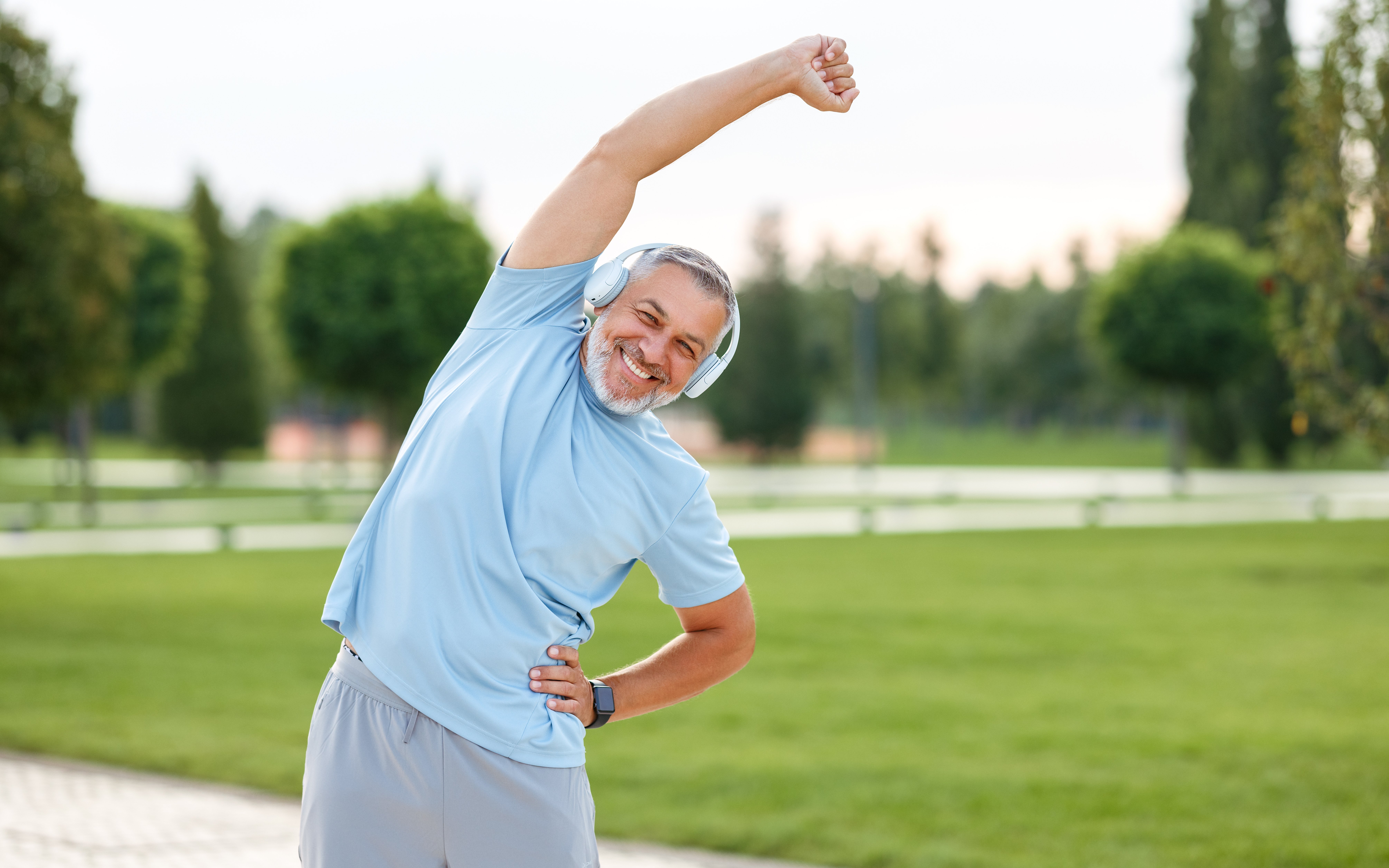Mental health is a cooking hot topic commanding attention in the halls of Congress, the schools, the churches, the workplaces and literally every major institution across the land. The most important recent study to come out on mental health was just published by the British Journal of Medicine on February 16. The findings? Movement is medicine! Physical activity has such a profound impact on mental health that the researchers who conducted the study at the University of Australia discovered that “…physical activity is 1.5 times more helpful than therapy or leading medications for reducing symptoms of depression, anxiety and distress.” The mind-body connection has long been well-known, but the degree of physical activities’ effectiveness is now without a doubt.
The researchers’ findings confirmed that exercise should be the initial go-to treatment plan even before options of therapy or medication. Should additional treatment such as the classic standards of therapy and medication also be employed, even better results can be experienced.
Why is it that physical activity has such a remarkable ability to alleviate anxiety and depression? One of the reasons is it gives people a pronounced feeling of self-efficacy. Those who do become active experience a greater sense of mastery of the tasks of their lives. The metabolic rate is revved up and people simply accomplish more, faster! According to Megan Hellman, MA, CPT performance manager at Future, (an app that connects people with fitness coaches,) “…an exercise program can also increase feelings of control, self-confidence and body positivity which all impact mental health.” Other more basic reasons exercise improves mental health are the well-known facts that it releases endorphins and a whole host of other chemicals that simply make people feel good. The fresh flow of oxygen enhances brain health, the muscles are more relaxed, the sweeping sense of well-being all only serve to amplify mental and physical health. The Australian based study noted that people who exercised 4.4 hours a week reduced their depression by 18% whereas people who exercised 8.8 hours weekly saw a dramatic reduction of depression of 25%. This study revealed that the greater the intensity of the activity, such as with aerobic movement, the better the results.
Unfortunately, the catch 22 here is that if a person is feeling depressed, they may not want to exercise at all and thus the problem remains more entrenched. This problem is not insurmountable. The Alaska Club offers classes and facilities of all kinds, Zumba, yoga, swimming, tennis, racquet ball, etc. all of which generate a sense of joy and comradery. People of all ages, body types and fitness levels participate and enjoy the connections they make with others coupled with the pleasure of doing something fun. It’s also important to remember that patience with oneself is necessary. New health habits typically take three weeks of practice before becoming entrenched. As my husband notes, it is easier to create a routine that is a daily one rather than a three-to-four times a week one, simply because it is easier to argue yourself out of the now-and-again routine than it is the daily one. I call it the remote-control option: I’m not even cognizant of the decision to go to the health club each day. Some trance like scenario seems to get me there! I have simply programmed myself into this habit by virtue of repetition.
Spookiness aside, the kinds of exercise to reduce depression and anxiety that people can do are entirely a matter of personal choice. Doing walks with friends, swimming, kickboxing, tennis, taking classes are all good. Short outbursts of energy throughout the day work too. I have a friend who simply puts the tunes on and dances alone at home. Important is to not overwhelm yourself with high expectations of what you can or think you should be doing. If you are not accustomed to exercising at all, seeking a
doctor’s council should transpire first. Build upon your routine. Add new activities. Listen to music that gets you going! Try different sport options. I cross-country ski in the winter but have noted that cycling is now a year-round sport. Try doing something daily, alone or with a friend. Just move. After all, movement is medicine.
https://www.yahoo.com/lifestyle/exercise-help-depression-anxiety-even-150000001.html
https://www.yahoo.com/lifestyle/want-improve-mental-health-huge-224500682.html


